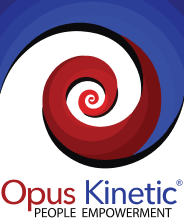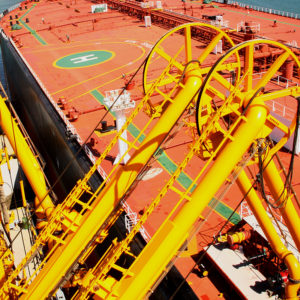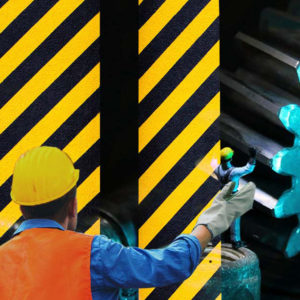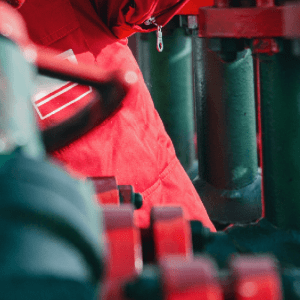In order to integrate human factors into an effective framework for managing risk in hazardous industries, companies need to address several key questions:
- How do we build a sustainable operating culture to deliver consistent behaviours within our employees, suppliers and contractors?
- What is required as regards demonstrating how human factors and the associated risks are delivered to the satisfaction of regulators who adopt a Safety Case regime?
- How can we mitigate human error in design and operations, by the application of best practice evaluation tools such as Safety Critical Task Analysis?
- How can an organization build resilience to recover from a catastrophic event?
During this Masterclass, participants will discover the real challenges that face the senior HSE design and operations’ professionals, in building the organizational capabilities necessary to reduce the risk associated with human competence weaknesses to As Low as Is Reasonably Practicable, ALARP. The key industries covered will be the upstream, midstream and downstream oil, gas, petrochemicals and related business segments. However, given the nature of major accidents, the course is equally useful to senior professionals in the power, nuclear, railway and aviation industries.
The course will describe the best practices in the development of competency management systems and how management can identify of the types of human error and pre-conditions that increase the likelihood of error occur-rence. The Masterclass will also cover several critical design and analysis tools that must be applied such that the ergonomic aspects of the human-machine interface are engineered to promote consistent safe behavior, including in-depth assessment of Safety Critical Task Analyses as undertaken by major operators in the UK sector of the
oil/gas industry. As the course leader was a senior member of the UK Safety Regulator, another key benefit of attending will be to learn how to demonstrate that all aspects of human factors analysis, engineering and practices can be shown within the Safety case regime to demonstrate risks are As Low as Is Reasonably Practicable, ALARP. Organisational cultural models and behaviours surveys will be described such that management may benchmark their business against the cultural maturity model. In addition, the principle characteristics of what are termed High Reliability Organisations, HROs will be explored. Such HRO principles are applied in complex high hazard industries such as the military aviation and nuclear submarine sectors. A further critical area to be covered will be the training of indigenous staff to operate high hazard facilities in developing countries, which is critical to being awarded contracts and to continue to establish their business in e.g. Africa, Asia and the Middle East. An in-depth study of how to assess the competency of front-line operations staff will be done via a detailed case study that was applied to a major oil/gas project.
At the end of this wide-ranging and Masterclass, participants will be able immediately implement a thorough assessment of how human factors errors are analysed as regards safety critical tasks, how equipment can be designed to mitigate Human Machine Interaction, HMI, error and how to imple-ment best practice competency assurance programmes for operators of high hazard facilities.





